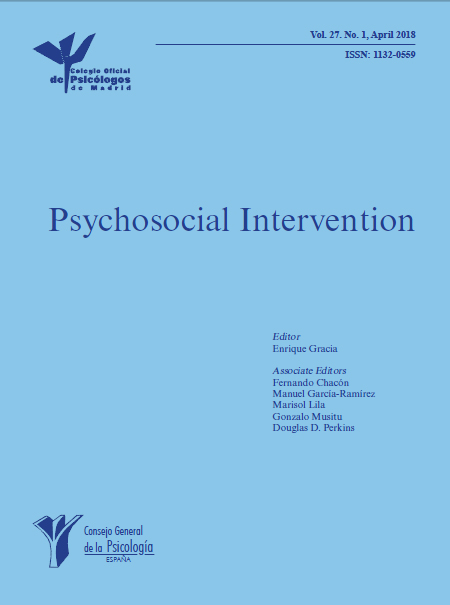
New advances in the study of the conficence-accuracy relationship in the memory for events
[New advances in the study of the conficence-accuracy relationship in the memory for events]
Karlos Luna and Beatriz Martín-Luengo
Abstract
It has been suggested that calibration, and not correlation, could be a better analysis to examine the confidence-accuracy relationship. Calibration refers to the degree in which confidence ratings correspond with the objective probability that the answer is correct. However, to date calibration has been calculated only in a few studies that have addressed eyewitness identification, and never in the memory for events. For this reason, four experiments were conducted to examine the calibration between confidence and accuracy in the recognition and recall of a criminal situation. The basic procedure involved the presentation of a crime through slides or video, followed by a questionnaire. Confidence ratings were also required. Results showed in general a good confidence-accuracy calibration, with variations depending on the memory test and the variables manipulated. They also showed that participants are slightly overconfident, and that they do not calibrate confidence well in the low-medium levels of difficulty. The main conclusion of this research is that confidence could help to evaluate the accuracy of a testimony under certain circumstances, although generalising the results to real-life situations should be done with caution.
Resumen
Copyright © 2026. Colegio Oficial de la Psicología de Madrid















